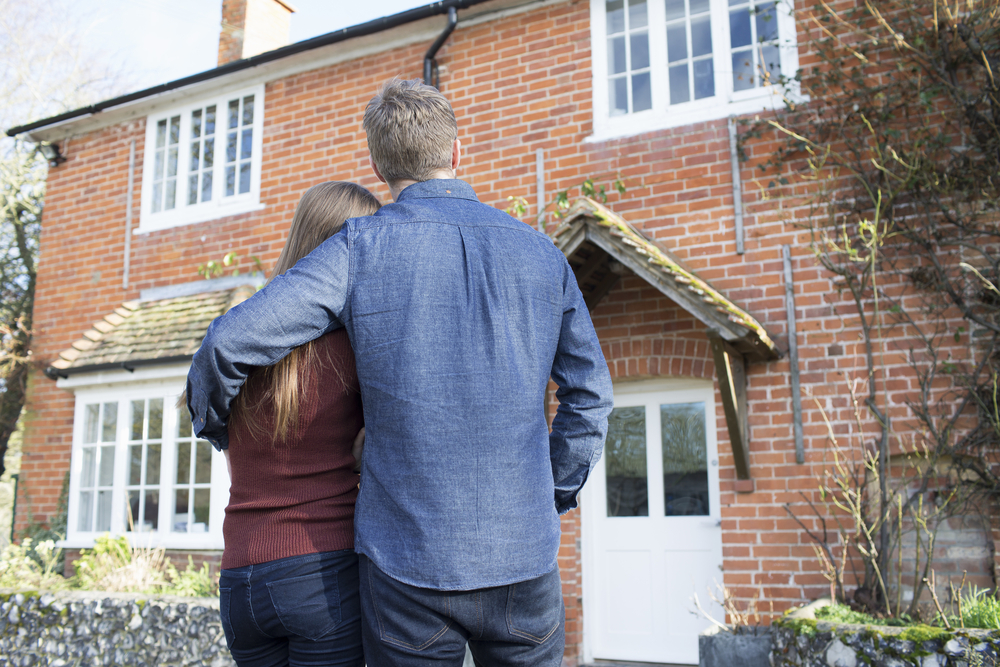First-time Buyer
Homeownership sinks to 30 year low and Manchester is hardest hit city

Homeownership across English cities has plunged to its lowest level in 30 years with Manchester suffering the steepest drop in the last decade.
Research by think-tank the Resolution Foundation revealed that since homeownership peaked at 71% in 2003, the proportion of people owning a home across England has fallen steadily by 8%.
Of the proportion of households in Greater Manchester in 2003, 72% were homeowners, just above the UK average. However, this has since plummeted by 14% with 58% of Manchester residents owning their home, falling by almost double the rate witnessed in England.
A growing trend of would-be homeowners struggling to raise funds for a deposit has played a major role in this depreciation, the Resolution Foundation said.
Homeownership now stands at 64% across the UK as a whole, with Northern Ireland experiencing the sharpest drop of 10.5% since reaching its highest point in November 2006. Meanwhile, the proportion of homeowners in England has fallen by 7% and 6% and 5% in Scotland and Wales, respectively.
While homeownership was widely reported to experience a boom in 2014, the Resolution Foundation said this was likely just ‘a blip’ to correct a sharp fall in 2013.
Charles Haresnape, Aldermore’s group managing director, mortgages, noted that Britain now has the fourth lowest level of home ownership in the EU, after it was overtaken by France for the first time since records began 20 years ago.
He added: “However, the number of properties in Britain worth £1m or more is set to more than triple by 2030, and if the government is keen to support homeownership then meeting and exceeding housebuilding targets must be a priority for the new housing minister.”
Despite concerns regarding the UK’s housing crisis being largely focused on London, the Resolution Foundation pointed out that Greater Manchester, South and West Yorkshire and the West Midlands Metropolitan regions have experienced double digit drops since they enjoyed optimum levels in the early 2000s.
Outer London has also been dramatically affected as homeownership fell from 71% in October 2008 to 58% in the present day.
At the same time as homeownership plunged across England, the number of private renters has almost doubled from 11% in 2003, to 19% in 2015. Once again, the picture in Manchester is more dramatic, with the proportion of households renting privately increasing from 6% to 20%, with Outer London and West Yorkshire also reporting double digit growth.
The think-tank noted that the shift from homeownership to private renting was a concern, particularly among young people, with private renters spending an average of 30% of their income on rent, compared to 23% for homeowners.
Stephen Clarke, policy analyst at the Resolution Foundation said a shift to renting privately across the UK could cause living standards and future wealth to suffer, with implications for individuals and the state.
“We cannot allow other cities to edge towards the kind of housing crisis that London has been saddled with. It’s encouraging that the new Prime Minister has talked about tackling the housing deficit. She may find that making good on this promise could secure as important a legacy as negotiating a successful exit from the European Union.”